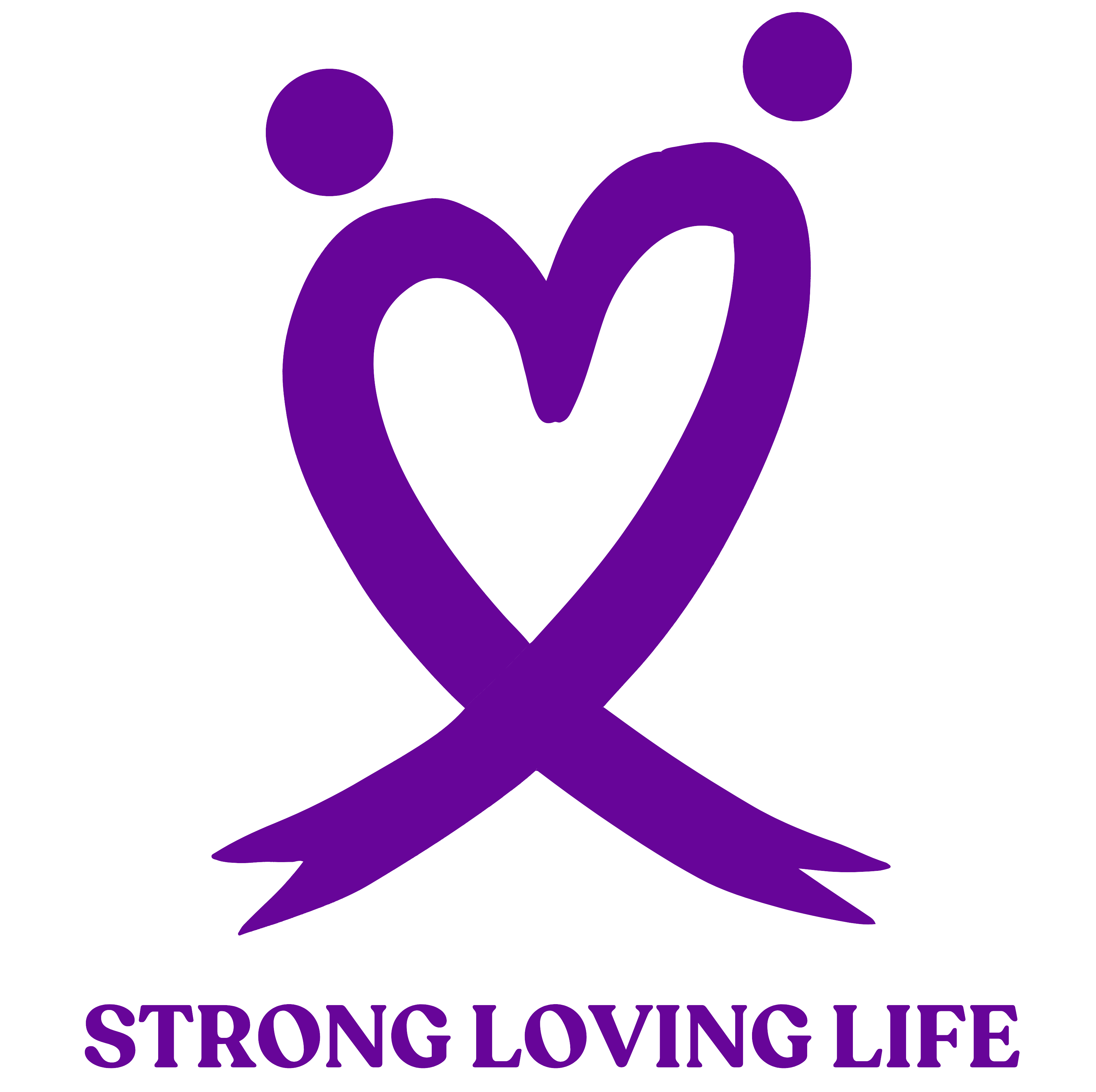Caregiving is one of the most profound and impactful roles an individual can undertake. Often, it begins unexpectedly, a gradual shift in responsibility as a loved one faces health challenges, aging, or disability. What starts as occasional assistance can swiftly evolve into a demanding, full-time commitment, encompassing a vast array of duties that extend far beyond simple companionship. For many, this transition can feel overwhelming, a dive into unfamiliar waters without a clear map. This is precisely why understanding your role as a caregiver is not just beneficial, but absolutely essential for the well-being of both the care recipient and the caregiver themselves.

The Evolving Landscape of Caregiving
Globally, demographic shifts are leading to an unprecedented rise in the number of individuals requiring care, particularly as populations age and chronic diseases become more prevalent. The preference for in-home care over institutionalized settings further places the onus on family and informal caregivers. These dedicated individuals form the backbone of our healthcare system, providing billions of hours of unpaid care annually.
Yet, despite their indispensable contributions, many caregivers feel unprepared, isolated, and stretched thin. They often step into complex medical, financial, and emotional terrains with little to no formal training, highlighting the critical need for comprehensive guidance on understanding your role as a caregiver.
Defining Your Role: More Than Just Tasks
At its core, caregiving is about providing support and assistance to someone who can no longer fully care for themselves. However, to truly grasp your role, you must look beyond the immediate tasks. It’s a dynamic, multifaceted position that constantly evolves with the needs of the care recipient and the progression of their condition. Your role can encompass:
- Emotional rock: Offering comfort, companionship, and a listening ear.
- Logistical coordinator: Managing appointments, schedules, and resources.
- Medical liaison: Communicating with doctors, understanding diagnoses, and administering medications.
- Advocate: Speaking up for your loved one’s needs and rights.
- Household manager: Overseeing daily chores, meals, and home safety.
- Financial administrator: Managing bills, insurance, and budgets.
Recognizing this breadth is the first step in understanding your role as a caregiver comprehensively.

Key Responsibilities of a Caregiver
While the specifics vary greatly depending on the care recipient’s condition and independence levels, most caregiver roles involve a combination of the following responsibilities:
- Assistance with Activities of Daily Living (ADLs) and Instrumental Activities of Daily Living (IADLs):
- ADLs: Personal care such as bathing, dressing, grooming, feeding, and toileting.
- IADLs: More complex tasks like meal preparation, medication management, managing finances, using the telephone, shopping, and light housekeeping.
- Medication Management:
- Ensuring correct dosages and timings.
- Tracking side effects and adverse reactions.
- Refilling prescriptions and communicating with pharmacies.
- Healthcare Coordination and Advocacy:
- Scheduling and accompanying the care recipient to medical appointments.
- Communicating effectively with doctors, nurses, and therapists.
- Understanding diagnoses, treatment plans, and prognosis.
- Making informed decisions in consultation with healthcare professionals and the care recipient (if capable).
- Ensuring the care recipient’s wishes and dignity are respected.
- Safety and Environmental Adaptation:
- Modifying the home environment to prevent falls and accidents (e.g., grab bars, clear pathways).
- Ensuring a safe living space appropriate for the care recipient’s abilities.
- Supervising for wandering or other unsafe behaviors, particularly in cases of cognitive decline.
- Emotional and Social Support:
- Providing companionship and engaging in meaningful activities.
- Listening actively and validating feelings.
- Helping to manage loneliness, depression, or anxiety.
- Encouraging social interaction and connection with others.
- Documentation and Communication:
- Keeping accurate records of medical history, medications, symptoms, and appointments.
- Communicating regularly with other family members, professional caregivers, and healthcare providers to ensure everyone is informed and coordinated.
- Maintaining legal documents like advance directives or power of attorney.

Challenges in Caregiving
Despite the deep satisfaction many caregivers experience, the role is fraught with significant challenges that can impact physical, emotional, and financial well-being. A genuine understanding your role as a caregiver includes recognizing these potential pitfalls:
- Caregiver Burnout and Stress: The relentless demands can lead to exhaustion, irritability, anxiety, depression, and a loss of personal identity.
- Physical Strain: Assisting with mobility, lifting, and constant activity can lead to back pain, injuries, and chronic fatigue.
- Financial Burden: Caregivers often reduce work hours, lose income, or incur significant out-of-pocket expenses for medical supplies, transportation, and respite care.
- Social Isolation: Less time for personal relationships, hobbies, and social activities can lead to loneliness and a feeling of being cut off from the outside world.
- Emotional Rollercoaster: Experiencing a complex mix of love, frustration, guilt, grief, anger, and resentment, often simultaneously.
- Navigating Complex Systems: Dealing with healthcare providers, insurance companies, government agencies, and legal matters can be confusing and time-consuming.
- Role Reversal and Relationship Changes: The dynamic between the caregiver and care recipient can shift, sometimes leading to tension, especially when a child becomes the parent’s primary caregiver.

Strategies for Effective Caregiving and Nurturing Yourself
Understanding your role as a caregiver extends beyond simply knowing tasks; it involves developing coping mechanisms and proactive strategies to sustain yourself while providing quality care.
- Education and Training: Learn as much as possible about the care recipient’s condition, its progression, and effective care techniques. Attend workshops, read books, or consult healthcare professionals for guidance.
- Build a Strong Support Network: Identify family members, friends, or community resources who can offer practical help, emotional support, or respite. Don’t be afraid to ask for help.
- Set Realistic Expectations and Boundaries: Acknowledge that you cannot do everything perfectly. Learn to delegate tasks, say no when necessary, and understand your own limitations.
- Prioritize Self-Care: This is not selfish; it’s essential. Schedule regular breaks, engage in hobbies, exercise, eat nutritious meals, and get adequate sleep. Consider professional respite care to give yourself longer periods of rest.
- Seek Professional Help: Don’t hesitate to consult therapists or counselors if you are struggling with emotional stress. Financial planners can help navigate monetary challenges, and legal professionals can assist with important documents.
- Effective Communication: Maintain open and honest communication with the care recipient (to the extent possible), other family members, and the medical team. This prevents misunderstandings and fosters a collaborative environment.
- Utilize Technology and Resources: Explore apps for medication reminders, online support groups, telehealth services, and local senior centers or aging agencies that offer programs and assistance.
Common Caregiver Challenges and Solutions
| Challenge | Description | Potential Solutions |
|---|---|---|
| Caregiver Burnout | Emotional, physical, and mental exhaustion from prolonged stress. | – Schedule regular, non-negotiable breaks and utilize respite care. – Join a caregiver support group to share experiences and coping strategies. – Practice mindfulness, meditation, or other relaxation techniques. – Delegate non-essential tasks to others when possible. |
| Financial Strain | Loss of income, out-of-pocket expenses for care. | – Research government programs (Medicaid, VA benefits, state-specific aid) for eligibility. – Consult a financial planner specializing in elder care. – Investigate long-term care insurance policies for the care recipient. – Create a detailed budget and track all care-related expenses for potential tax deductions. |
| Social Isolation | Reduced social interactions and feelings of loneliness. | – Actively seek out local caregiver support groups or online forums. – Make a conscious effort to maintain regular contact with friends and family via calls, texts, or short visits. – Continue engaging in hobbies or interests, even if in a modified way (e.g., short walks, reading). – Explore adult day care programs or community senior centers for the care recipient to allow you free time. |
| Managing Difficult Behaviors | Dealing with aggression, confusion, or resistance from care recipient. | – Consult with their doctor or a specialist (e.g., neurologist, psychiatrist) to rule out medical causes or get medication advice. – Learn specific communication techniques tailored to their condition (e.g., for dementia, use simple language, avoid arguing). – Identify potential triggers for challenging behaviors and modify the environment or routine accordingly. – Remember that behaviors are often symptoms of the illness, not intentional malice. |
| Lack of Knowledge/Skills | Unsure how to perform specific care tasks or manage medical conditions. | – Attend workshops, webinars, or training sessions offered by hospitals, community centers, or non-profits (e.g., first aid, safe lifting techniques, dementia care). – Thoroughly research the care recipient’s specific condition and its progression. – Ask healthcare professionals for clear demonstrations and written instructions for medical tasks. – Connect with experienced caregivers for practical tips and advice. |
The Journey of Understanding Your Role as a Caregiver
Understanding your role as a caregiver is not a one-time event but an ongoing journey. As your loved one’s needs change, so too will your responsibilities. It requires continuous learning, adaptability, patience, and perhaps most importantly, self-compassion. There will be good days and challenging days, moments of deep connection and moments of profound frustration.
Embrace the reality that you are doing your best in a demanding situation. Celebrate small victories, learn from setbacks, and always remember the love that underpins your commitment.
Conclusion
The role of a caregiver is a testament to the power of human connection, empathy, and resilience. While undeniably challenging, it can also be incredibly rewarding, offering unique opportunities for personal growth and profound bonds.
By actively understanding your role as a caregiver—its responsibilities, challenges, and the vital importance of self-care—you empower yourself to provide the best possible support to your loved one while safeguarding your own well-being. Recognize your incredible strength, seek the support you need, and acknowledge the invaluable contribution you make every single day. You are not alone, and your efforts make a world of difference.













